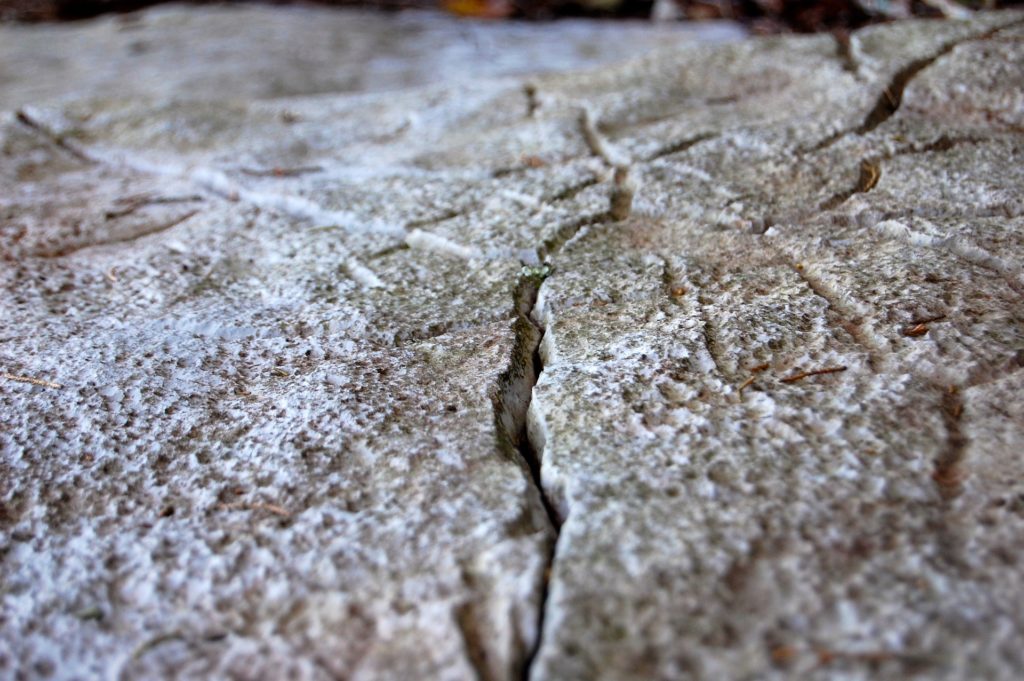The emperor has no clothes
I’ve read and argued the problem of evil enough to know that it would be futile to ask anyone the question, “does this explanation resolve the problem of evil?”
My experience has been that the dilemma is important only to atheists, apologists, people who are struggling with their faith or those who have left it altogether. Believers in God for the most part don’t know or care much about it.
Almost no one familiar with the issue is open to the notion of a resolution, and the more they know about the dilemma, the more closed they are to the idea — even if you can reason, as I have, why a good God would allow evil and suffering in the world.
In my encounters, what I’ve found is that atheists counter-post, counter-post more and angrily reassert the dilemma without ever addressing my line of reasoning. Neither they nor believers in God have ever produced an actual rebuttal to my argument, only the assertion that the problem of evil cannot be resolved. To them, it is invincible even when its many assumptions are discredited, and its flaws exposed.
Doesn’t this present a reasonable possibility that the problem of evil isn’t invincible, after all?
The fact is, no explanation for why a good God would allow a toddler to die of a debilitating disease would satisfy everyone. I respect that. But I make a point in my book that everyone else should respect: If God were to guarantee the health and safety of that child and everyone else, not only would the world not be perfect, it would not even be better than the one in which we live. No theodicy would convince everyone, but neither would the most learned and reasonable description of “how the world ought to be” satisfy everyone either. That’s because there is no such thing as a perfect life or a perfect world. Give my book an honest read, and you’ll see.
Rather than asking if I’ve come upon a resolution to the problem of evil, I choose to pose a more realistic question — one that’s more likely to elicit an objectively based response rather than a reply that is intellectually reflexive or emotionally attached to atheist conviction.
The problem of evil has been called the rock of atheism, which has stood for some 2,000 years impenetrable to theistic logic. My question is, does my argument, which asserts that human life is better off if left primarily to human care, present at least a plausible explanation for why a good and all-powerful God would not normally intervene to save lives? I’m not asking whether it’s a perfect explanation, or one that would convince everyone in the world that God has good reason to allow innocents to suffer, but whether it’s one whose reasoning is sound.
In other words, isn’t there a crack in this rock? Don’t try to convince yourself that there is a medium between a world in which people can suffer as we do, and a world in which nothing happens. Lessening the intensity of suffering to mere discomforts would not make this a better world because mere discomforts don’t motivate sacrificial living for the sake of others — the behavior that orders all of human life. There’s a good chance that discomforts wouldn’t motivate anything.
Backstopping human effort with divine intervention would not work either, because people would always figure out how to get to Godly intervention — those situations that get us healing, safety, sustenance, or whatever it is a deity would arrange to keep anything bad from really ever happening. To use an analogy, it would be nice to think that feeding bears would attract them to our homes or campsites only during times of scarcity in the wild. Instead, a bear that’s fed or that feasts after knocking over a trash bin ceases hunting and returns for the place of easy feeding. Applying that example to humans is not cynicism. That’s life finding the path of least resistance. It’s logic.
And how about the other side of my argument: A world in which God assured health and safety and guaranteed life would not be a better world as the problem of evil assumes, but a vacuous one. As the rock of atheism is concerned, I consider that to be the other side of the fissure, if not another crack.
The world owes almost all its positive traits to our efforts to ward off the perils to life. The good and bad in life are bound inextricably, as depicted in the Eastern yin and yang. The good couldn’t happen if the bad weren’t possible. Remove the possibility of evil and suffering, and what’s left would not be pure goodness, but nothingness.
I am one who has always found human depictions of bliss or paradise to be very boring – usually portraits in which there is evidently nothing to do. (And no, I would not be content spending my life exploring nature or contemplating the universe. I prefer to do most of that with reading, so that’s no “perfect world” for me.)
People have argued that I don’t know if removing the hazards from life would remove the incentive for cooperative living or raising children. On the other hand, I think my argument places serious doubt on the notion that a world divinely arranged or stewarded for perfect safety would be better. Is not the problem of evil based on that assumption, that if a good God exists, he would eliminate the dangers to life and that would make the world better? What if it doesn’t?
Doesn’t the question mark here put a crack in the rock? Isn’t the rock at least no longer impenetrable?

